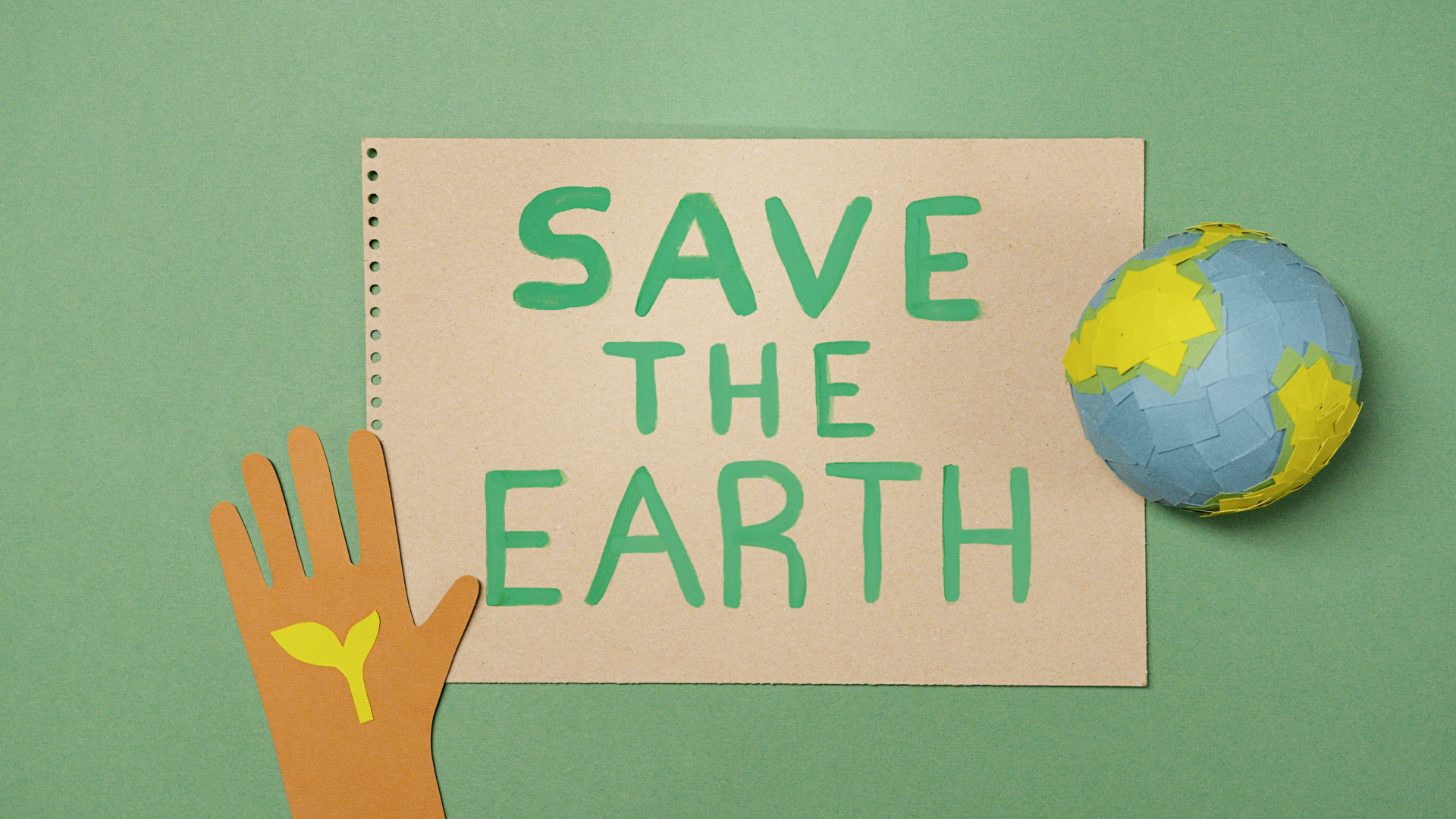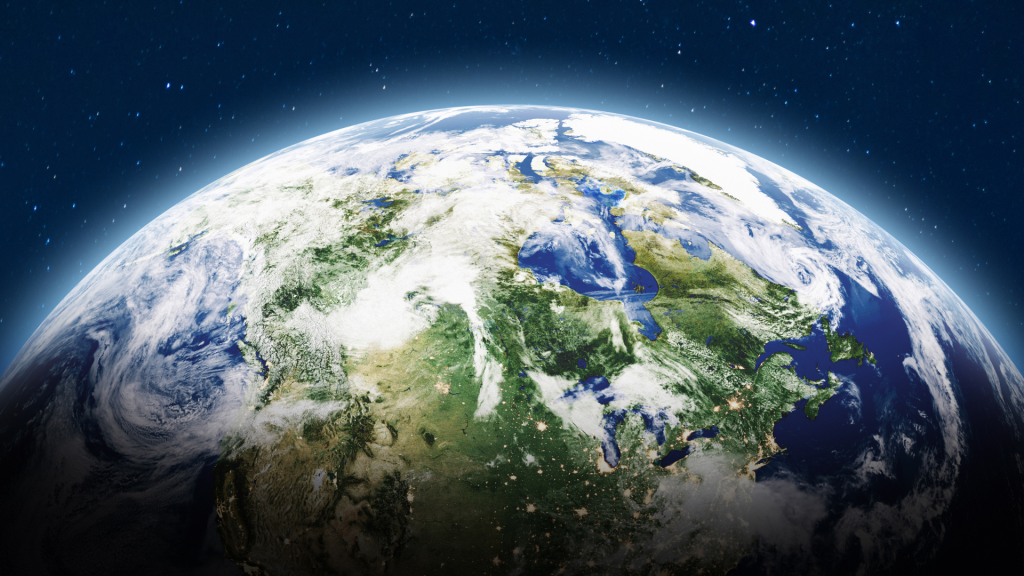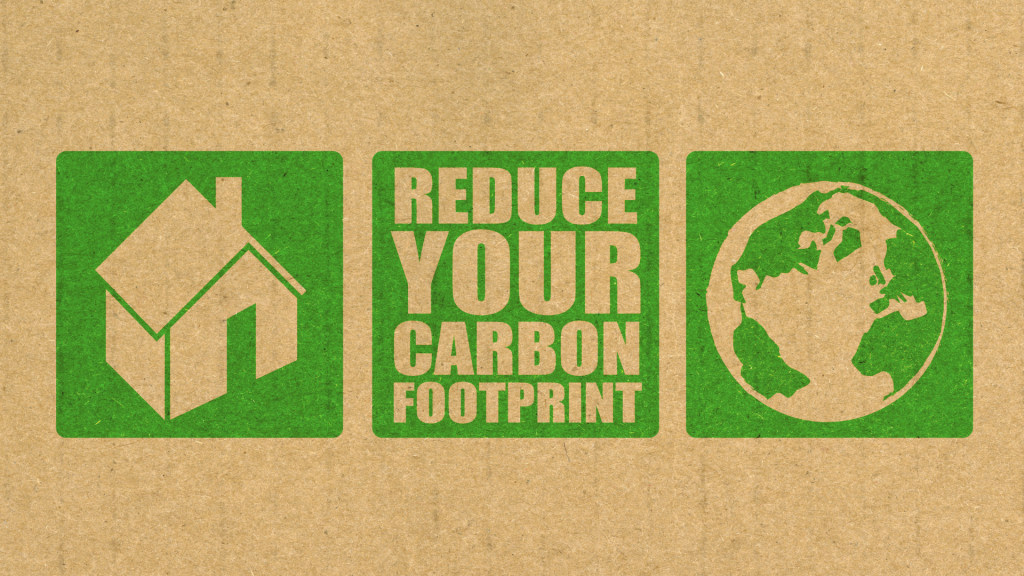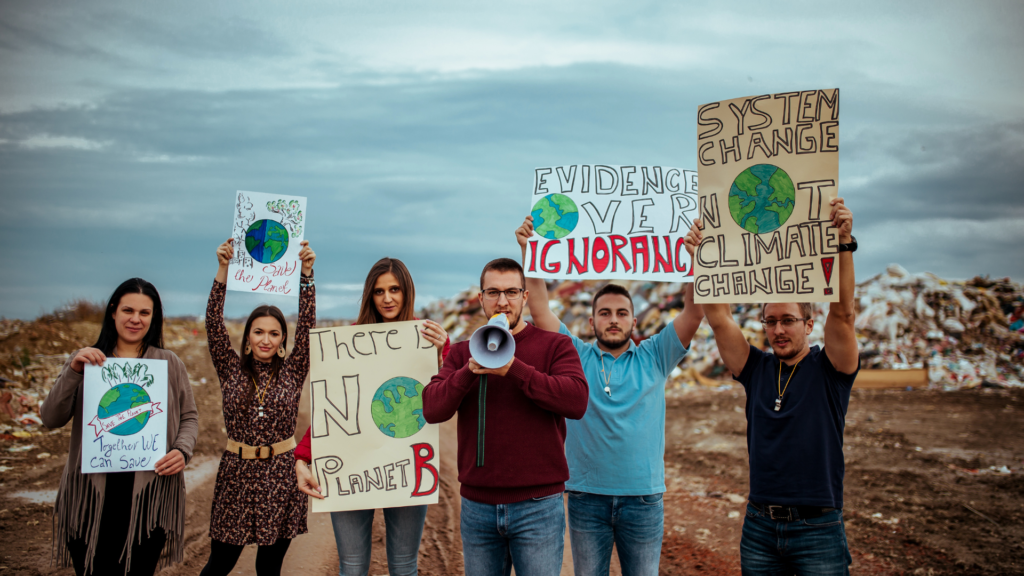The world is changing, fast. The game has changed so quickly that it’s almost hard to keep up with the developments. This article takes a look at how science and ecology are finally making a difference in the world we live in today and might save our planet in the future.
Ecology and Science: The Solution
In recent years, the world has seen an alarming increase in environmental degradation. Deforestation, pollution, and climate change are all problems that seem to be getting worse by the day. If we don’t find a way to solve these problems, it’s not difficult to imagine them becoming even more serious in the future. One possible solution is to turn to science and ecology for help. Science can help us understand how the environment works and what needs to be done to restore it. Ecology can help us figure out where resources should be allocated in order to achieve the most sustainable outcomes. Both of these disciplines have been growing in popularity in recent years, and there are a number of ways they could be used to address environmental issues. For example, scientists could develop new methods for monitoring pollution or deforestation. They could also develop models that predict how different ecological systems will respond to changes in their environment. If we put science and ecology together, we may be able to find solutions that are both effective and sustainable. By using these approaches together, we can make sure that our planet will remain healthy in the future.
The Implications of Environmentalism
There is no doubt that the planet is in trouble. The signs are all around us: rising temperatures, more severe weather events, disappearing forests, and a rapidly dwindling water supply. The question is what can be done to save the planet? One popular solution is environmentalism. Environmentalism is the belief that protecting the environment is vital for our own survival as a species. It has been argued that environmentalism is not just about saving nature; it’s also about ensuring human health and prosperity.
Environmentalism also has many implications for society as a whole. For example, it can encourage people to change their habits and recycle more. It can also lead to stricter industry regulations and increased carbon emissions taxes. Despite these positive effects, there are some concerns about the impact of environmentalism. Some people argue that it’s too costly and time-consuming to achieve real change, while others say it’s too restrictive and doesn’t allow for economic development.
Our Food is Affected
The world faces many challenges, but one of the most pressing is the food crisis. The Food and Agriculture Organization of the United Nations (FAO) projects that by 2050, more than 10 billion people will face food insecurity. This means they will not have access to enough nutritious food to meet their basic needs. The root of this crisis is our reliance on finite resources, including land and water, to produce crops. As we use these resources more and more efficiently, it becomes increasingly difficult to find enough to feed the world’s growing population. And as we exhaust these resources, prices for food rise, and millions of people are left hungry.
Fortunately, there is an answer: science and ecology. Science can help us identify where the world’s food is being grown, how it’s being produced, and how it can be improved. Ecology can help us understand how humans interact with their environment and how this affects the availability of food. By working together, we can find ways to reduce our reliance on finite resources and make sure that everyone has access to healthy food.
The Effects of the Microbes
Microbes are essential to our survival and play a crucial role in the Earth’s ecosystems. Through their activities, microbes help sustain plant life, build soil, decompose organic material, and rid the planet of harmful pollutants. But microbes also have the potential to cause harm. For example, bacteria can cause food poisoning, while fungi can damage crops or buildings. Scientists are constantly working to understand and control microbial interactions so they can benefit both people and nature. By understanding how microbes interact with their environment, we can develop strategies for preserving our environment and protecting human health.
As we continue to learn more about the Earth and its systems, it becomes increasingly clear that we need to take drastic action if we want our planet to survive. Science and ecology are two powerful tools that can help us make headway in preserving our environment for future generations. By understanding how the Earth works, scientists can develop ways to conserve resources, while environmentalists can work to create policies that will protect nature from human harm. Science and ecology are essential in helping us save the planet – so please keep learning and using these tools!



